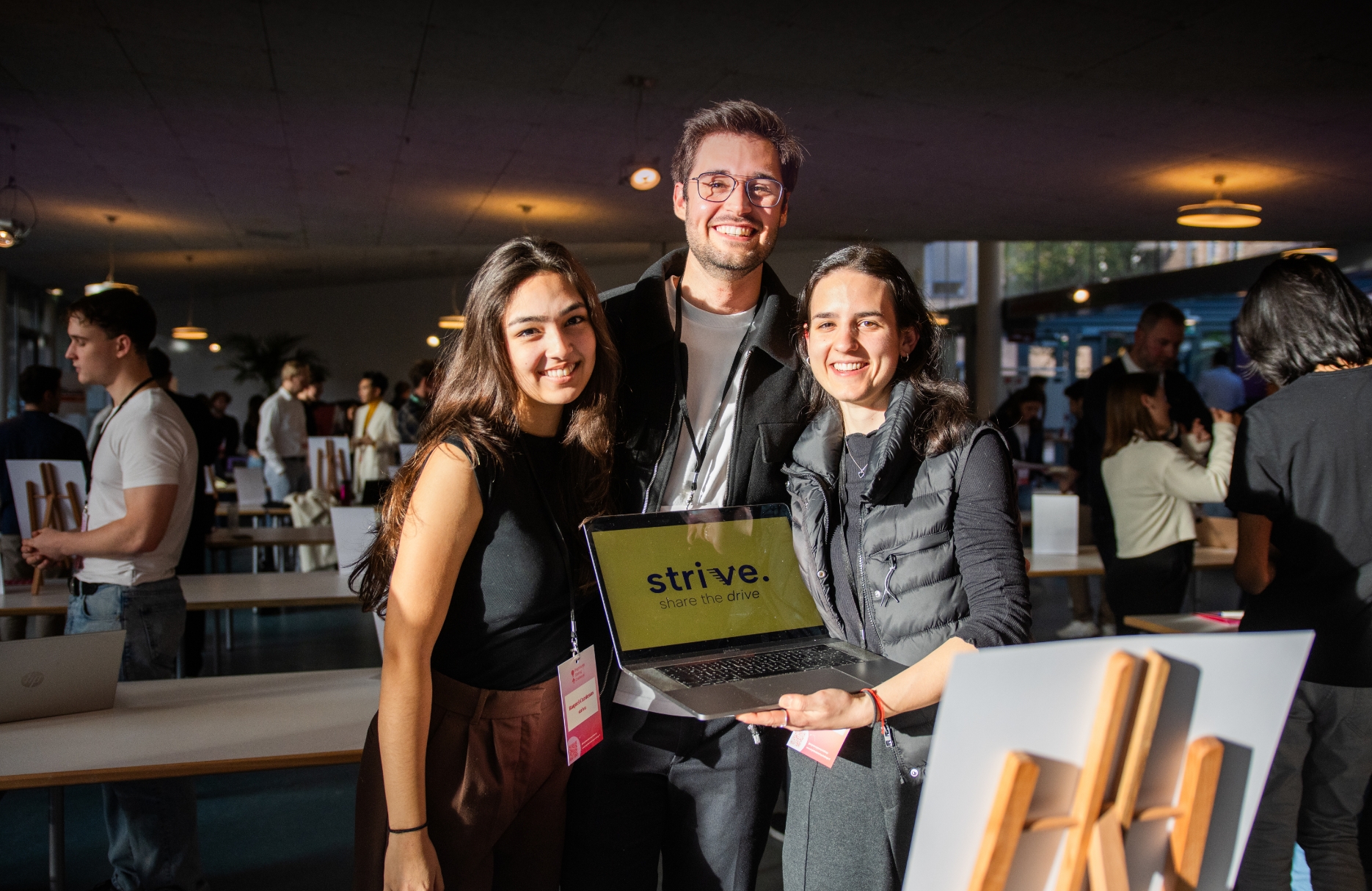The Mission
Our mission is to create a national academic AI assistant—built not by private companies, but by public universities in the Netherlands, and owned collectively by them. This AI will be trained exclusively on university-approved materials such as syllabi, textbooks, academic articles, and course exercises, and it will not draw from the internet or external commercial datasets. Its purpose is to support students with highly accurate, curriculum-aligned academic help while allowing universities to maintain full control over their intellectual property and student data. In a time when most AI tools are developed by private companies, we believe public institutions should have their own secure, sovereign AI infrastructure—so they can educate with modern tools without giving away their knowledge, research, or content to corporate platforms. Our goal is to ensure that Dutch higher education can benefit from AI without compromising its values, content, or privacy.
The Challenge
Students at Maastricht University and across the Netherlands increasingly use AI platforms like ChatGPT to study and prepare for exams. However, these tools come with a hidden cost: when students upload past exams, lecture notes, or textbooks, they share confidential academic material with private companies. These companies store the data and use it to train proprietary models that aren’t aligned with Dutch curricula, nor governed by public institutions, and lack transparency. Universities face a dilemma, they want students to benefit from AI but must protect academic content, ensure GDPR compliance, and avoid reliance on foreign platforms. Additionally, current AI tools are trained on broad, often inaccurate internet data rather than structured academic knowledge, which can lead to misleading answers and disconnect students from trusted university resources.
The solution
Our solution is to develop a custom academic AI assistant, owned and operated by the Dutch public university system, and trained exclusively on institution-approved materials. Rather than sending data to Silicon Valley, each university will upload its own syllabi, readings, slides, and assignments into a secure, centralized AI model—making the assistant a direct reflection of the Dutch academic ecosystem. This AI will not draw from the internet or generic sources like Reddit or Wikipedia. It will be trained on real material from Dutch institutions—Maastricht’s economics content, Utrecht’s biomedical courses, Delft’s engineering programs. Each university contributes and benefits, ensuring curriculum-aligned, reliable academic support. All data remains under full institutional control. The system is EU-hosted, GDPR-compliant, and transparent by design. Universities determine what’s included, how it evolves, and how the AI operates. This is more than a tech project—it’s a commitment to academic sovereignty, ethical data use, and quality education in the AI age.





